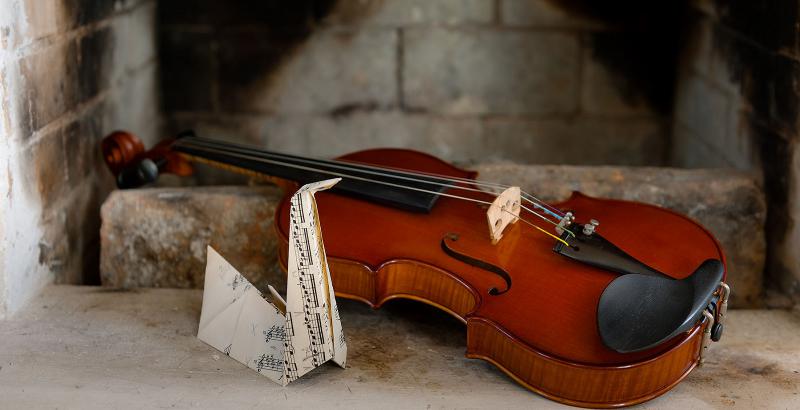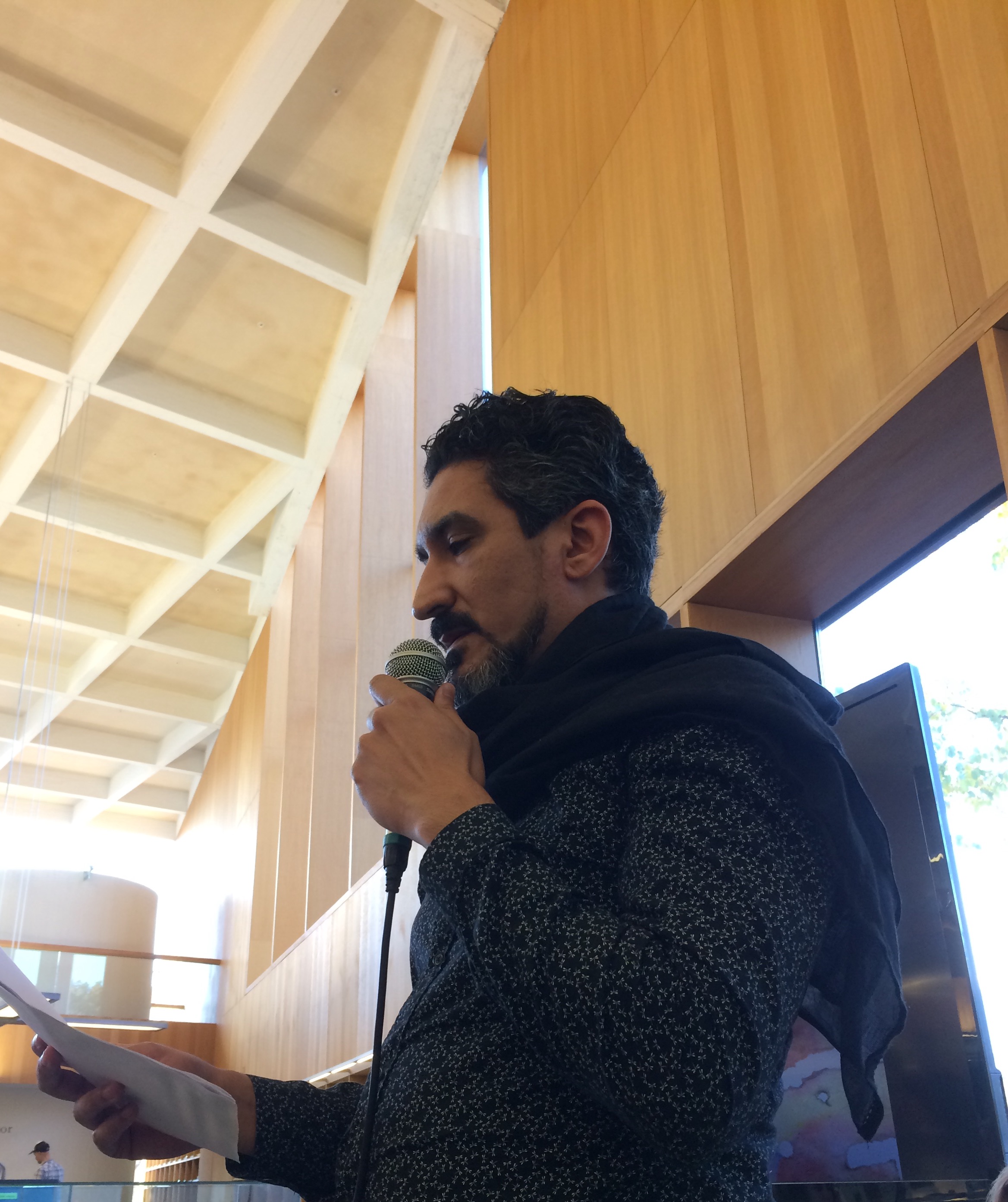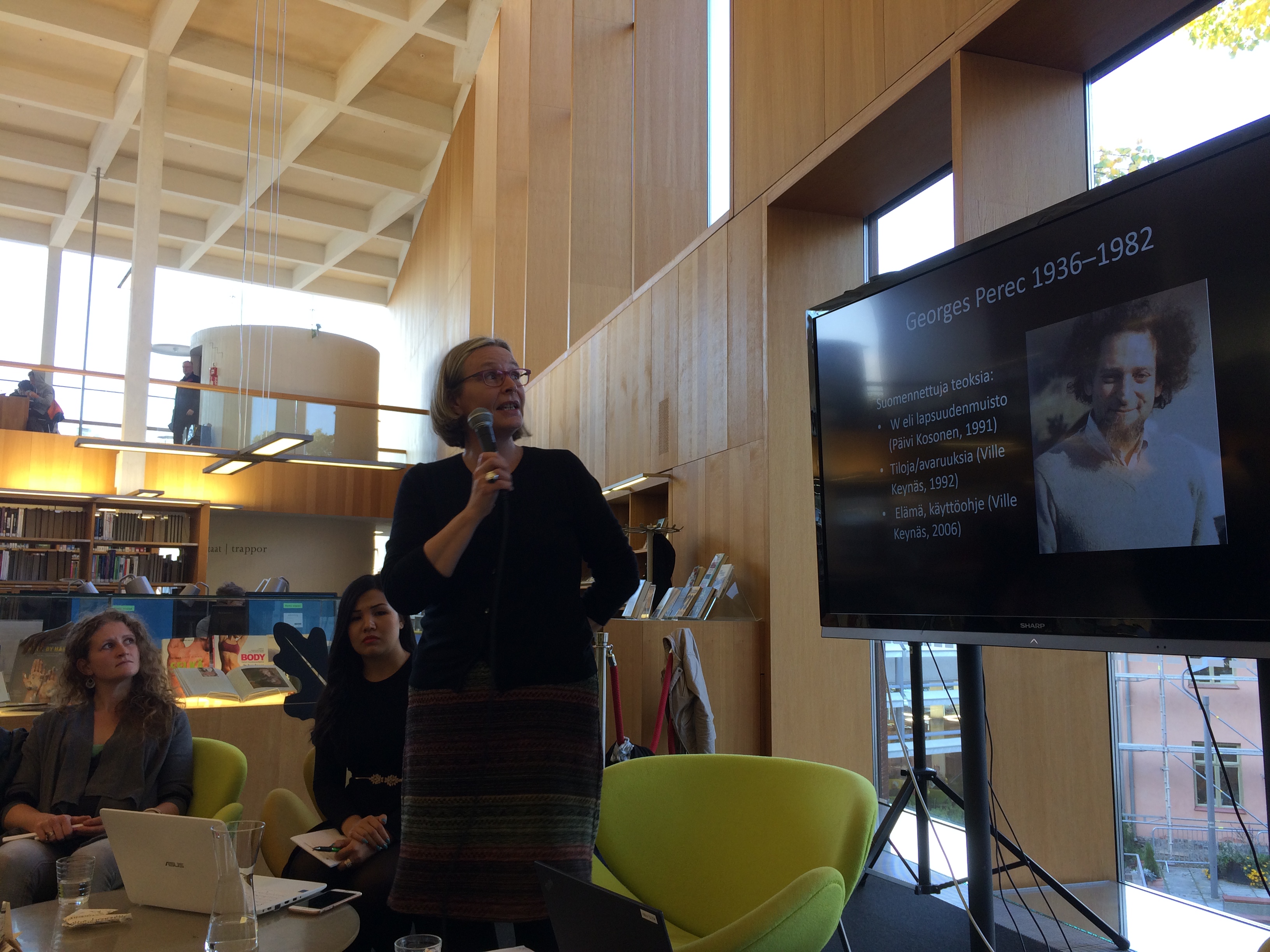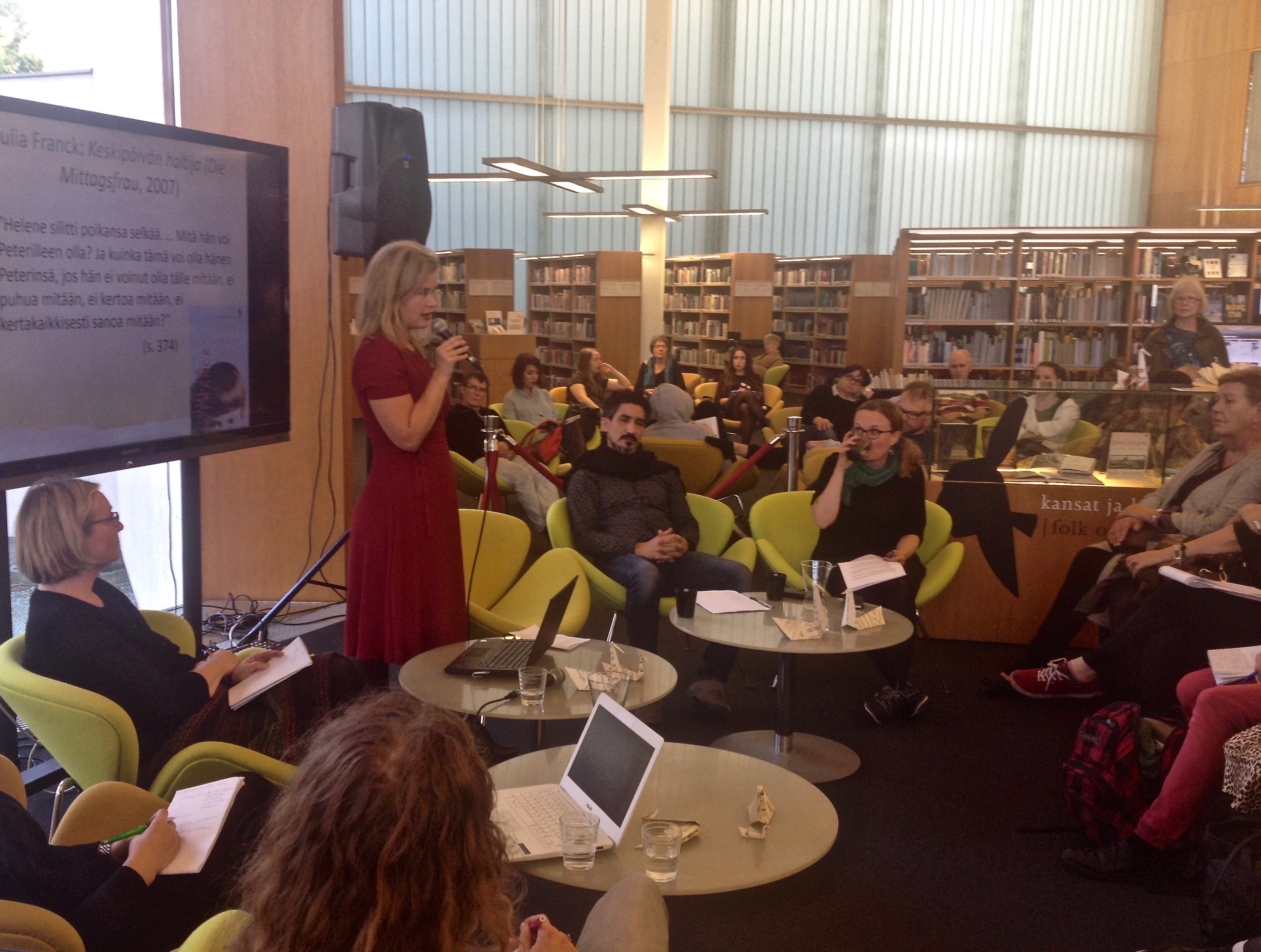Trauma, Memory, and Art: SELMA taking part in Change2017
”You must be the change you wish to see in the world”.

Change2017 has been a project connecting art and research in an exploratory and affective way. Organised by the Turku Philharmonic orchestra and musicologist Susanna Välimäki from the University of Turku, Change2017 has asked whether music can change the world, and how it could do that. Music has the power to communicate without spoken words, and during the lecture series it has been discussed, how we could approach the meaning of life and responsibility of humans in our culture and society. Themes have covered for example peace work and environmental questions.
SELMA was asked to take part in the series under the title Satyagraha, a term by Mahatma Gandhi referring to peaceful, non-violent opposition. Our discussion evening focused on the meaning of art in traumatic happenings, and the ways we remember trauma through artistic processes. Our evening was related to SELMA’s earlier projects, and particularly to our Travelling stories -workshop at Aboagora in 2016.
In Trauma, memory and art – spaces of encounter organized at the Turku city library 26.9.2017 six people met to share and discuss their experiences, memories and research. We focused particularly on how literature, poetry and narrativity could help in coping with encountering traumas, dealing with them and memorizing them. Our aim was connected to the concert organized in relation to this evening, “Sorrowful song” (Symphony no. 3, Symphony of Sorrowful songs op. 36) by Polish composer Henryk Goreckin (from 1976) that deals with the loss and sorrow of parents and children in the midst of wars.






Akhlad Al-Mudhafar’s poem written for this occasion on trauma, writing and memory:
This is a complication
The fear surrounded me
My memories came from all directions
I heard echoes of my memories
I went to the shore hoping I can wash them away
Flowing like a river looking for an escape
But since the first kiss between my pen and papers
creativity exploded
and my vision became clearer
I started chasing my memories
Stepping into the unknown and facing their mysteries
and make beauty out of them
Like a lost sun in the universe looking for its earth
to give it warmth
They have stolen my colours
and driven me so far into the darkness
They threw the ancient night over me
But they were ignorant about its secret
They thought I was defeated
But they didn’t know the dark suits me
I am the black raven
I solved the puzzle
and embraced agony
I kept my eyes closed
to see the light
I surrendered to fate
collecting the fallen feathers
